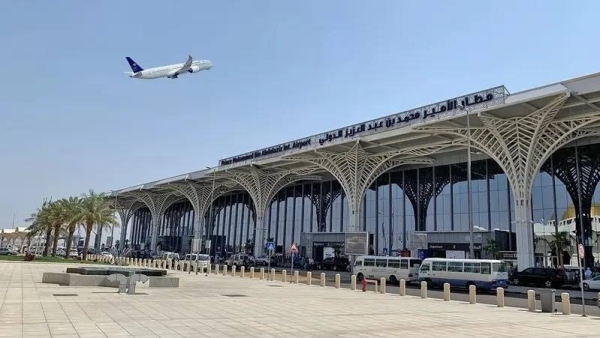The Saudi Ministry of Health recently imposed fines on three airlines for failing to comply with health surveillance regulations at Prince Mohammad bin Abdulaziz International Airport in Madinah. These penalties were issued due to the airlines transporting passengers from infected areas without properly applying insecticides to their aircraft, as required by the Health Surveillance Law at Entry Points. The ministry emphasized that these violations pose a risk to public safety and are therefore taken very seriously.
In a statement carried by the Saudi Press Agency, the ministry explained that the penalties were imposed in accordance with the executive regulations of the Health Surveillance Law at Entry Points. The airlines in question were found to have neglected disease vector control measures, which include spraying the aircraft with insecticides to prevent the spread of infectious diseases. By failing to adhere to these health procedures, the airlines put public health at risk and therefore faced disciplinary action from the ministry.
The ministry’s actions are part of its commitment to addressing health risks and ensuring public safety at airports and border crossings. By strictly enforcing health surveillance regulations, the ministry aims to protect the health and safety of citizens, expatriates, and visitors to the Kingdom. These ongoing supervisory efforts are essential in preventing potential outbreaks of infectious diseases and maintaining a high level of health surveillance to safeguard public health.
The fines imposed on the three airlines serve as a reminder of the importance of complying with health surveillance regulations to prevent the spread of infectious diseases. These measures are crucial in maintaining public health and safety, especially in light of the ongoing global pandemic. By holding airlines accountable for their actions, the ministry sends a clear message that violations of health procedures will not be tolerated and that strict enforcement of regulations is necessary to protect the well-being of the population.
The ministry’s decision to take disciplinary action against the airlines reflects its commitment to upholding the standards outlined in the Health Surveillance Law at Entry Points. By holding airlines accountable for their failure to comply with health procedures, the ministry sends a strong message that public safety is a top priority. These measures are essential in preventing the spread of infectious diseases and ensuring that health surveillance regulations are followed to protect the population from potential health risks.
In conclusion, the fines imposed on the three airlines for violating health surveillance regulations at Prince Mohammad bin Abdulaziz International Airport in Madinah highlight the importance of adhering to strict health procedures to safeguard public health. The ministry’s actions underscore the need to enforce regulations to prevent the spread of infectious diseases and ensure the well-being of all individuals entering the Kingdom. By holding airlines accountable for their actions, the ministry is sending a clear message that compliance with health surveillance regulations is essential to protect the population from potential health risks.











